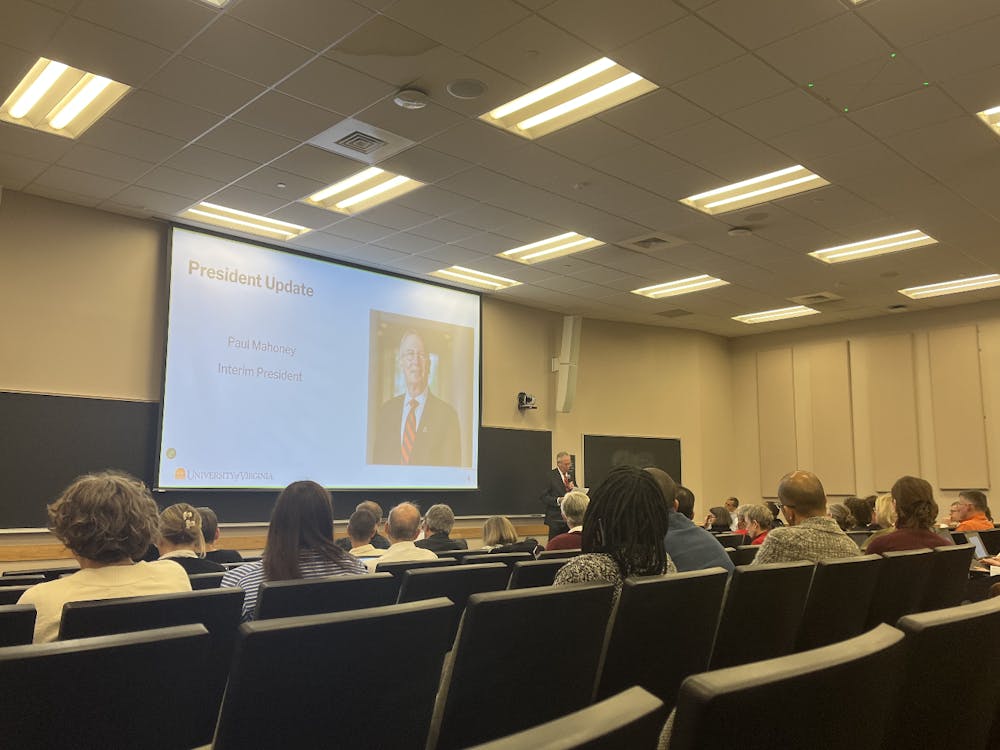Individuals within the Honor Committee are considering a major overhaul of the Committee’s system that would include the simultaneous implementation of jury reform and informed retraction.
Fourth-year College student Owen Gallogly, pre-trial coordinator and co-chair of the Policies and Procedures committee, delivered the proposal called “Back to Basics” to the Honor Committee Sunday evening.
The proposal, conceptualized by the Policy and Procedures subcommittee, seeks to revert the Honor System to its traditional origin, where students maintained an unwavering commitment to do what is right in all situations, Gallogly said.
Honor Chair Stephen Nash said the proposal was the opinion of specific individuals within an honor sub-committee of the Honor Committee and did not reflect the Committee’s views as a whole.
If the committee were to adopt the jury reform, juries would no longer be comprised of randomly-elected student jurors, and instead would consist of five elected Committee student representatives.
Current student juries are often apprehensive about enforcing the bylaws and tend to err on the side of doubt because they are uneasy about dismissing fellow students from the University, Gallogly said.
No additional changes to trial procedure or voting standards would accompany the jury reform.
The implementation of informed retraction would permit students to confess their guilt after being informed of a suspected offense and would result in a specific consequence — such as suspension from the University for a certain number of semesters — rather than expulsion.
“It’s simply not fair to the students with the courage to use the informed retraction, that other students who wouldn’t choose informed retraction could possibly get off,” Gallogly said. “It’s devaluing the student who chooses the informed retraction to have that incentive still missing at trial.”
Gallogly said currently students support the Committee on an ideological level but desire procedural reform and improved functionality.
The Honor System in the last decade handled between 40 to 80 reported cases each term, suggesting a less than 1 percent incidence rate of lying, cheating or stealing. Recent student polling, however, suggests that as much as 18 percent of the student body has committed an honor offense.
“I’m happy this gives students a second chance — generally people would probably learn their lesson after one time, and letting that be institutionalized here is great,” fourth-year Maline Schoppa said.
A proposal for jury reform was discussed in 2010. Proposals for the implementation of informed retraction began in 2002 and have been discussed since then.
The committee will continue to debate the proposal among themselves, discussing the details and scope of the reforms, Vice Chair Clifton Bumgardner said.
To pass, the proposal needs a two-thirds vote of support from the Committee and would then require a 60 percent approval from the student body voting on the University election ballot in March.







